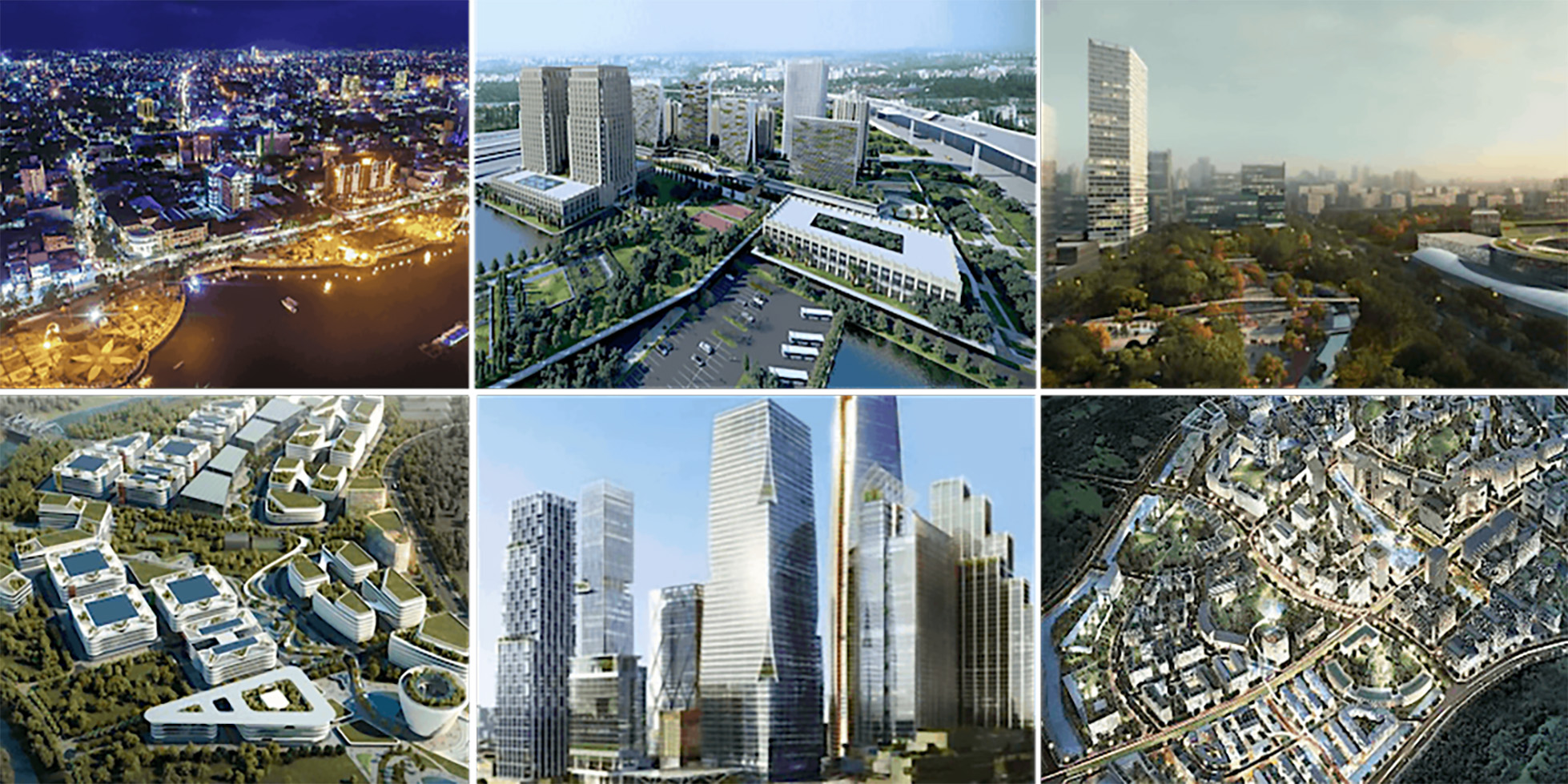
Global Seminar | Understanding future city visions: Mapping smart circularity & smart cultural mobility
13 Sep | Genki Unno will evaluate how the idea of the 'smart city' is implemented and discuss evaluative frameworks to perform a comparative analysis of multiple smart city projects from Europe and Asia.
FCL Global Seminar | Understanding future city visions: Mapping smart circularity and smart cultural mobility initiatives in South East Asia and Europe.
Date: Wednesday, 13 September
Time: 5–6pm (SGT), 11am–12pm (CET)
Registration: external page Link
Zoom Link: external page https://ethz.zoom.us/j/67059971950
Please register your attendance in the link above.
Overview
The idea of the Smart City, which promises solution pathways to urban problems through the support of ICT integration, is being materialised in cities across the world. However, implementation of smart technology does not solve those problems at once. At the intersection of each problem and smart technology, we have many things to be investigated. For example, while smart technology has been said it can enhance material circularity in the construction industry, to what extent have Circular Built Environment initiatives integrated with smart technology been implemented as actual government actions? While any urban transition process should be context specific, and thus different for smaller or larger cities, or low- and middle-income or high-income countries, why does it appear that technology-forward ‘Smart City solutions’ are often proposed regardless of context, in particular in low- and middle-income countries?
To better understand those, we need tools to help evaluate and compare existing implementations and shape future proposals. We created evaluative frameworks for each question to perform a comparative analysis of multiple Smart City projects from Europe and Asia, from high-income and low- and middle-income countries.
For the first question, our analysis confirmed there is little correlation between a city’s level of Smar City and Circular Built Environment policy implementation. Our evaluation framework also brings to light some interesting patterns, such as the precedence of agent-network policies over design-and-construction policies, the slow emergence of Smart Circular City policy (Circular Economy policy facilitated by Smart technology), or the unconventional patterns of emerging regenerative Circular Built Environment initiatives.
For the next question, we found that low- and middle-income countries have more Uniqueness of Mobility Systems than high-income countries. If future city visions proposed by low- and middle-income countries would focus more on the Uniqueness of Mobility Systems, their smart and context-adaptive level could be comparable with high-ranked Smart Cities in high-income countries.
Presenter
Genki Unno, an urban researcher. He is a member of Future Cities Laboratory at the Singapore-ETH Centre, as a visiting researcher from Takenaka corporation in Japan. Genki earned his bachelor degree in Architecture and master degree in Environmental engineering at Waseda University. He is a registered architect with Japan Federation of Architects & Building Engineers Associations.